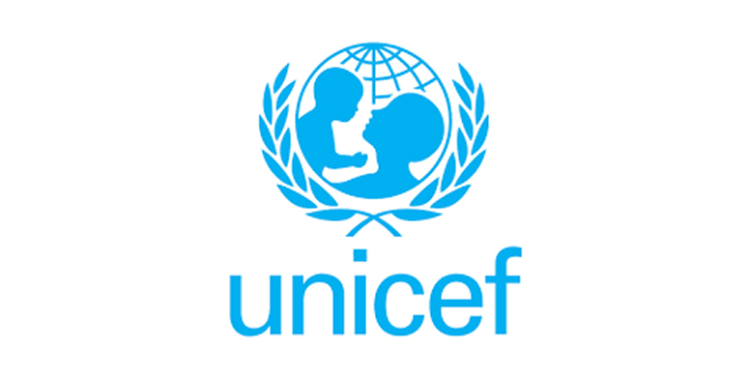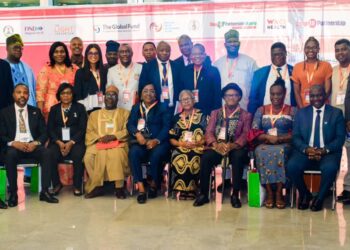The World Health Organization warns that the number of people living with diabetes in Africa could rise to 54 million by 2045 without urgent action, highlighting the highest projected increase globally.
The World Health Organization (WHO) has sounded the alarm about the growing diabetes epidemic in Africa, predicting that the number of people living with the condition will rise to 54 million by 2045, marking the highest increase globally if urgent action is not taken.

Dr Matshidiso Moeti, WHO Regional Director for Africa, highlighted this concerning trend in her message for World Diabetes Day 2024, themed “Breaking Barriers, Bridging Gaps.”
Also read: UNICEF losses Head of Communications, Kano field Office
She explained that the rising prevalence of diabetes in Africa is largely driven by urbanisation, poor diets, and a lack of physical activity.
Currently, over 24 million adults in the WHO African Region are living with diabetes, with half of them undiagnosed.
If left untreated, diabetes can lead to severe complications such as heart disease, stroke, nerve damage, kidney failure, lower limb amputation, and blindness.
“Without urgent intervention, the number of people living with diabetes in Africa is expected to rise to 54 million by 2045, which poses a significant health and economic burden,” Moeti said.
She pointed out that Africa currently has the world’s lowest investment rate in diabetes care, with only 1% of the region’s health budget allocated to tackling the condition.
Diabetes management requires a holistic approach, including balanced physical activity, a healthy diet, and mental well-being.
Moeti stressed that addressing risk factors like obesity, poor diet, and lack of exercise, along with community engagement, is crucial to combating the disease.
In August 2024, African Member States endorsed the WHO’s Framework for Implementing the Global Diabetes Compact in Africa.
This framework integrates diabetes care into broader health systems, focusing on prevention, diagnosis, and care, particularly at the primary healthcare level.
On World Diabetes Day, Moeti urged individuals, governments, health workers, and communities to take action.
She called for prioritising healthy lifestyles, regular check-ups for those living with diabetes, and the provision of affordable care and education.
She concluded by highlighting the need to address myths about diabetes, strengthen primary healthcare systems, and provide more training for healthcare workers to improve diabetes management across Africa.









